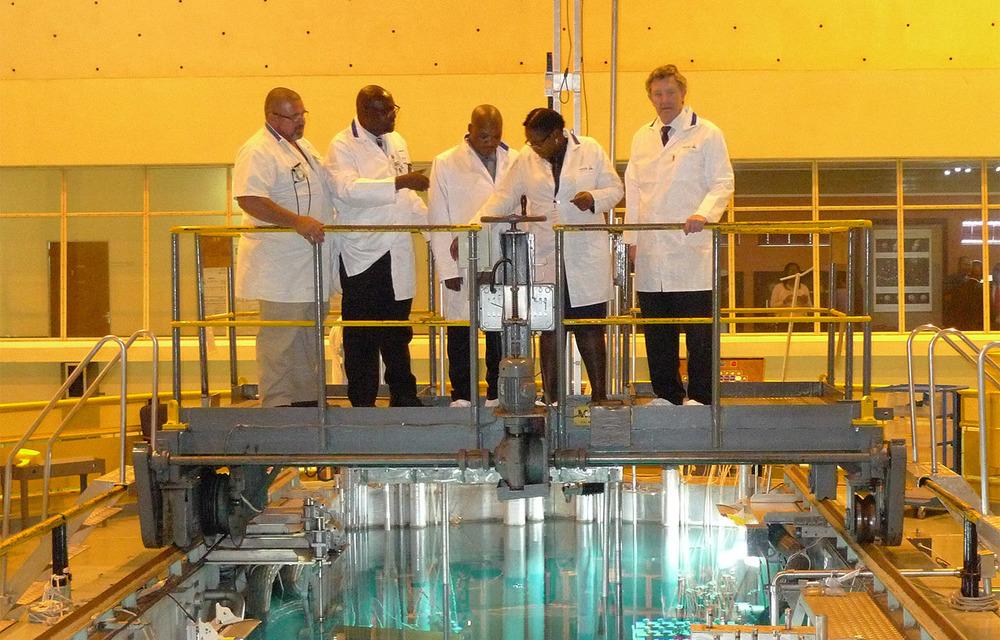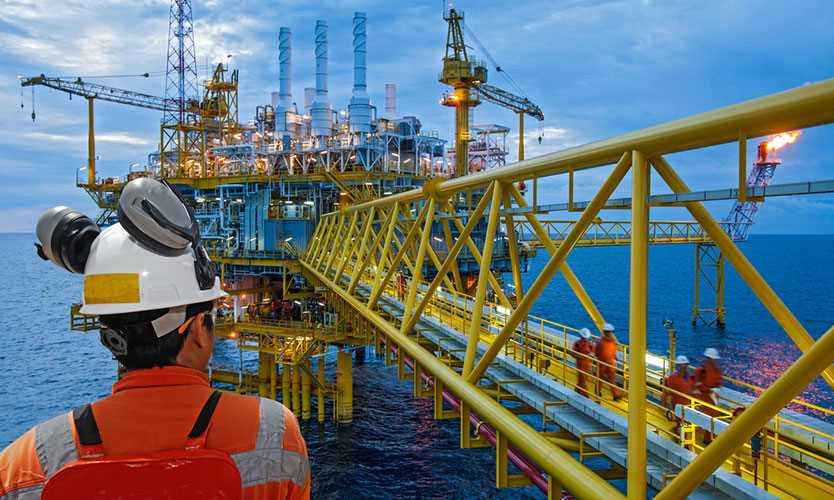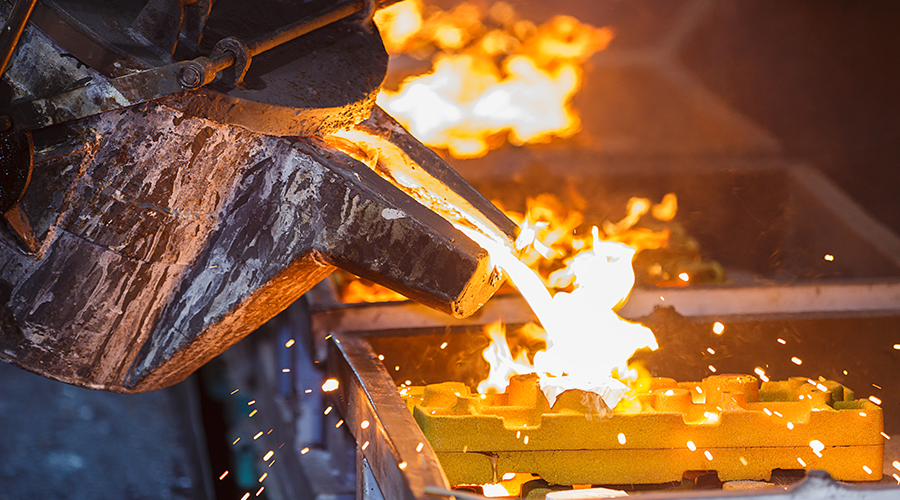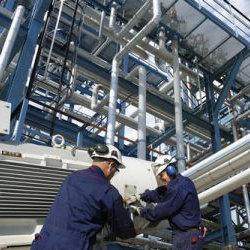Explore Our Bill Payment Services:

- Salary And Allowance
- Engineers Salary
- South Africa
Salary And Allowance Structure For Nuclear Engineering In South Africa
Nuclear engineering is one of the most specialized and prestigious professions in the world. In South Africa, it is particularly significant because of the country’s commitment to nuclear energy, medical applications of nuclear science, and advanced research in nuclear technology. With the Koeberg Nuclear Power Station, the National Nuclear Regulator, and institutions like the Nuclear Energy Corporation of South Africa (NECSA), the profession carries immense importance in both public safety and national development.
The career path is demanding, requiring years of rigorous study, training, and professional development. However, the rewards—both financial and professional—are equally substantial. In this detailed guide, we will explore how salaries in nuclear engineering vary by experience, education, industry sector, and location, while also examining allowances, perks, and other non-salary benefits that make the profession one of the most attractive in South Africa.
Salary by Experience Level
Experience remains one of the most significant determinants of salary for nuclear engineers. As engineers progress in their careers, their pay scales increase considerably.
-
Entry-Level (0–2 years): Fresh graduates or early-career engineers earn around ZAR 535,900 annually, which breaks down to about ZAR 44,700 per month. While this may not yet place them at the top of South Africa’s engineering income ladder, it is an impressive start compared to many other fields.
-
2–5 Years of Experience: With a few years of practical expertise, salaries increase significantly to an average of ZAR 721,600 annually, translating to about ZAR 60,100 per month. At this point, engineers are trusted with more complex responsibilities, often assisting in plant safety checks, reactor operations, or specialized research.
-
5–10 Years of Experience: Mid-career professionals can expect salaries averaging ZAR 938,100 annually, or ZAR 78,100 per month. Engineers at this stage often transition into leadership positions, supervising projects, or managing smaller technical teams.
-
10–15 Years of Experience: Senior engineers earn approximately ZAR 1,134,100 annually, which equals about ZAR 94,600 per month. Their responsibilities expand into overseeing entire departments, ensuring regulatory compliance, and leading large-scale projects.
-
15–20 Years of Experience: With deeper expertise, salaries reach about ZAR 1,235,600 annually, or ZAR 103,000 monthly. At this level, nuclear engineers are often seen as industry experts, consultants, or department heads.
-
20+ Years of Experience: The highest bracket of salaries sits around ZAR 1,306,100 annually, which equates to about ZAR 109,000 per month. Engineers in this stage often occupy executive roles, provide high-level consultancy, or shape policy and regulation within the nuclear sector.
Salary by Education Level
Education plays a major role in determining income levels in nuclear engineering. Because the field is highly technical, advanced qualifications are rewarded generously.
-
Bachelor’s Degree: Entry-level engineers with a bachelor’s degree earn around ZAR 695,200 per year. This degree opens doors to essential roles but often limits opportunities for senior research or leadership positions.
-
Master’s Degree: Engineers with a master’s degree typically earn around ZAR 860,300 annually, which is roughly 24% higher than bachelor’s degree holders. A postgraduate qualification demonstrates deeper specialization and increases employability in both the private and public sectors.
-
Doctorate (PhD): Engineers who hold a PhD can expect salaries of about ZAR 1,380,400 annually, which represents a significant 60% increase over bachelor’s degree holders. PhD-qualified nuclear engineers are highly sought after for research, policy advisory roles, and senior consultancy.
Average Salary Estimates Across the Industry
While salaries differ depending on employer, sector, and level of experience, the overall averages provide a useful snapshot:
-
The national average monthly salary for nuclear engineers is about ZAR 42,000, or ZAR 504,000 annually.
-
Entry-level engineers may start at around ZAR 378,000 annually, while those with a few years of experience can earn up to ZAR 579,600 annually.
-
At South Africa’s National Nuclear Regulator, nuclear engineers typically earn between ZAR 650,000 and ZAR 820,000 annually, depending on their role and seniority.
-
Engineers at Eskom, which operates the Koeberg Nuclear Power Station, can earn around ZAR 809,000 annually, with the potential for additional allowances.
-
Some estimates place the median salary for nuclear engineers at ZAR 670,000 annually, with most professionals earning between ZAR 640,000 and ZAR 700,000 annually.
Nuclear Engineers Among Top Earners
Nuclear engineering ranks among the highest-paying engineering professions in South Africa. On average, nuclear engineers earn about ZAR 75,900 per month, which amounts to roughly ZAR 910,800 annually. This places them well above many other engineering fields, including civil and mechanical engineering.
Salary Summary by Experience
For easy reference, here’s a consolidated view of salaries based on career stage:
| Experience Level | Annual Salary (ZAR) | Monthly Salary (ZAR) |
|---|---|---|
| Entry-level (0–2 yrs) | 535,900 | ~44,700 |
| 2–5 yrs | 721,600 | ~60,100 |
| 5–10 yrs | 938,100 | ~78,100 |
| 10–15 yrs | 1,134,100 | ~94,600 |
| 15–20 yrs | 1,235,600 | ~103,000 |
| 20+ yrs | 1,306,100 | ~109,000 |
These numbers show how dramatically earnings grow with experience and specialization.
Allowances, Benefits, and Non-Salary Compensation
Beyond base salary, nuclear engineers in South Africa often enjoy a variety of allowances and perks, which boost overall earnings.
-
Performance Bonuses and Project Incentives: Many organizations reward engineers with bonuses tied to project success or performance metrics.
-
Field Allowances: Roles that involve site visits, inspections, or safety audits often come with travel and field allowances.
-
Medical Aid and Retirement Contributions: These benefits are standard in many large companies and research organizations.
-
Professional Development: Employers frequently support further training, courses, and certifications.
-
Job Security and Prestige: Working at institutions like Eskom, NECSA, or the National Nuclear Regulator provides not just financial benefits but also career stability and prestige.
Factors That Influence Salaries
Several variables can significantly affect nuclear engineering salaries in South Africa:
-
Education: Advanced qualifications such as a master’s degree or PhD open doors to higher-paying opportunities.
-
Experience: Each stage of career growth adds considerable income potential.
-
Specialization: Expertise in reactor safety, radiation protection, or regulatory compliance often comes with premium pay.
-
Employer: Large organizations and government bodies tend to offer higher salaries and better allowances than smaller consultancies.
-
Location: Engineers working in areas like Cape Town (home to Koeberg) or Pretoria (home to NECSA) usually earn higher wages due to demand and specialization.
Future Outlook for Nuclear Engineering in South Africa
The demand for nuclear engineers in South Africa is expected to grow steadily. With ongoing debates about expanding the nuclear energy sector, continuous research in nuclear medicine, and the country’s commitment to sustainable power sources, nuclear engineers will remain vital.
Upcoming projects in renewable energy integration, reactor safety upgrades, and radiation protection will also create new opportunities. Professionals with advanced qualifications and niche skills are likely to see the most significant salary growth in the years to come.
Final Thoughts
Nuclear engineering in South Africa is a career that blends high responsibility with high reward. Salaries start strong, with entry-level engineers earning around ZAR 535,900 annually, and they grow rapidly as professionals gain experience. By the time an engineer reaches senior or executive level, annual pay often exceeds ZAR 1.3 million.
Education further strengthens earning potential, with postgraduate and doctoral qualifications offering significant salary premiums. In addition, allowances, bonuses, and perks such as medical aid, retirement contributions, and professional development support enhance total compensation.
Ultimately, nuclear engineering stands as one of the highest-paying and most respected engineering careers in South Africa. For those willing to invest the time and dedication required, it promises not only financial success but also a role in shaping the nation’s future energy and technological landscape.









